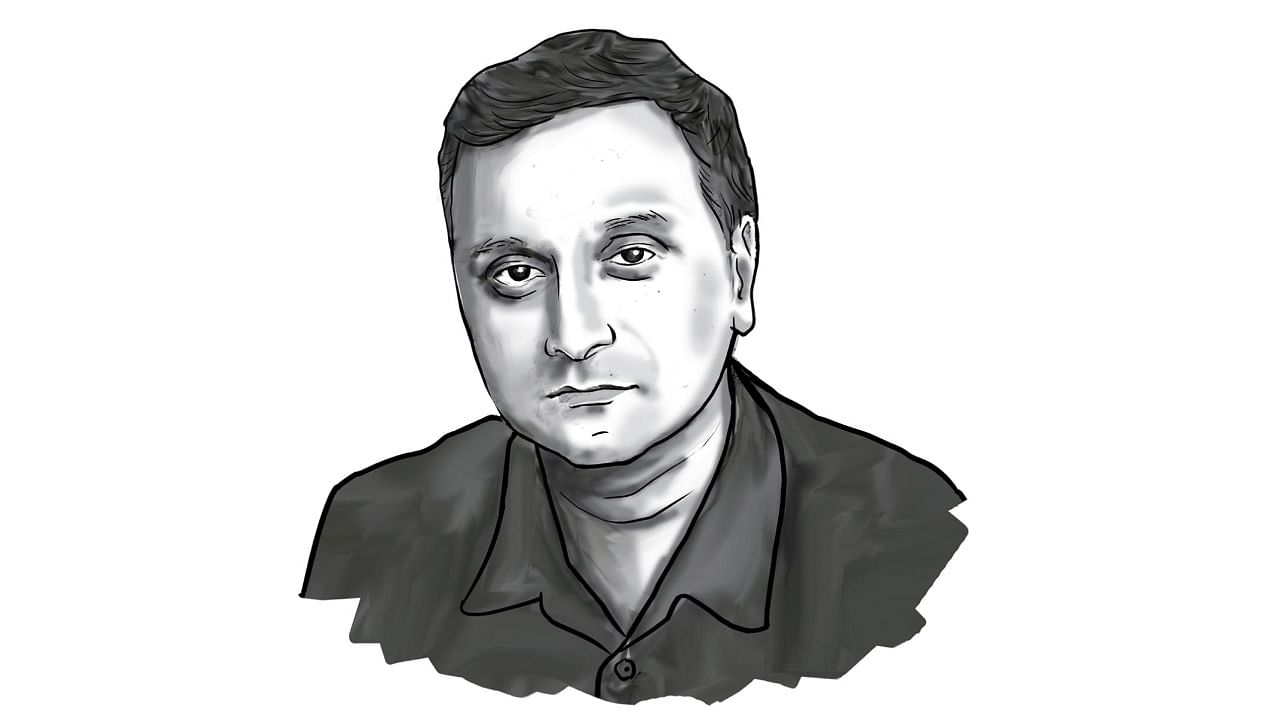
Unlike in many countries, the military in India has not destabilised democracy through a coup, but the country’s internal security agencies have come close to doing so at the bidding of “the ruling elite.” Josy Joseph, the daring investigative reporter with a solid grasp of the realities of security administration in India, asks us to recognise this alarming reality in his recent book, The Silent Coup: A History of India’s Deep State (Context, 2021).
The Silent Coup is a no-holds-barred account of how the misuse of the security establishment -- “a loose network of organisations such as the military, state police forces, paramilitaries, and the intelligence and investigation agencies” -- by the political masters at the Centre has corroded India’s democracy over the decades. The handling of terrorist attacks in Mumbai, Malegaon, Delhi and Ahmedabad, of the violent political dissent in Kashmir, Punjab, Sri Lanka, Manipur and Chhattisgarh, and of the encounter deaths in Gujarat, extend the occasions for recognising the sordid aspects of the security establishment.
Unreliable informants, low-quality intelligence, the absence of proper audit, political interference, indifference to citizens’ rights, a cavalier resort to fake narratives and, in more recent times, blatant communal prejudice, have added up to make for this worrying state of affairs. The post-9/11 realities, with surveillance technologies allowing for unprecedented violations of individual privacy, make for additional worry.
Two parallel concerns hold Joseph’s analysis: the country’s security establishment ought to become more professional in its methods and abide by the Constitution; and it ought to enjoy autonomy from political interference. He writes, “a security establishment without biases and dark corners, and with deep understanding of the situation on the ground, is critical for a democracy.”
Had the intelligence reports been judged correctly, Joseph argues, the 2008 Mumbai attacks could have been averted, and many innocent individuals wouldn’t have suffered at the hands of the police. Secure information networks, he also points out, would have saved the lives of many Indian soldiers in Sri Lanka during the IPKF operations. In 2019-20, according to the Ministry of Home Affairs, an average of five persons died in police custody every day. Joseph notes that “many of these deaths would have been due to torture.”
Further, anti-terror laws such as the Unlawful Activities Prevention Act 1967 (UAPA), the Prevention of Terrorism Act 2002, etc., are resorted to even in unwarranted cases. For instance, only 2.2% of the around 2,000 cases filed under UAPA between 2016 and 2021 resulted in convictions.
Several factors erode the autonomy of the police and the investigation agencies. For instance, the continuation of a colonial era legislation that made the police dependent on the political executive, which has allowed for police chiefs to be handpicked by the Chief Minister, has simply meant that the police chief’s loyalty rests with the Chief Minister and the interests of his or her political party. The directives of the Supreme Court, issued in 2006 for ensuring the autonomy and neutrality of the police, Joseph observes, have been ignored by state governments.
The Silent Coup isn’t a monochromatic account of continual abdication of responsibility by the security agencies, though. Several officers, we learn, continue to stay upright at the risk of losing political favour and indeed, at times, their own lives. Also, the years of the coalition government “in the latter part of the 1990s” saw the Supreme Court take measures to “ring-fence the CBI and the ED from the political executive.” “Since 2014,” Joseph adds, “the slow gains of that process have been fully scuttled.”
Joseph helpfully offers a brief historical background to each of the political events he examines, many of which have now receded from public memory. His book therefore is also a rich chronicle of the major episodes of political violence in independent India.
In independent India, investigation agencies like the CBI, ED and IB and the police have mostly inspired fear and anxiety, and have rarely seemed the neutral institutions of security essential in modern societies. Armed with intimate knowledge of the workings of the security agencies, Joseph’s even-keeled narration with clear details of dates, people, places and organisations goes a long way to illustrate how it came to be this way. The Silent Coup also asks that not a moment be lost in caring for how to lift ourselves out of this deadly predicament.